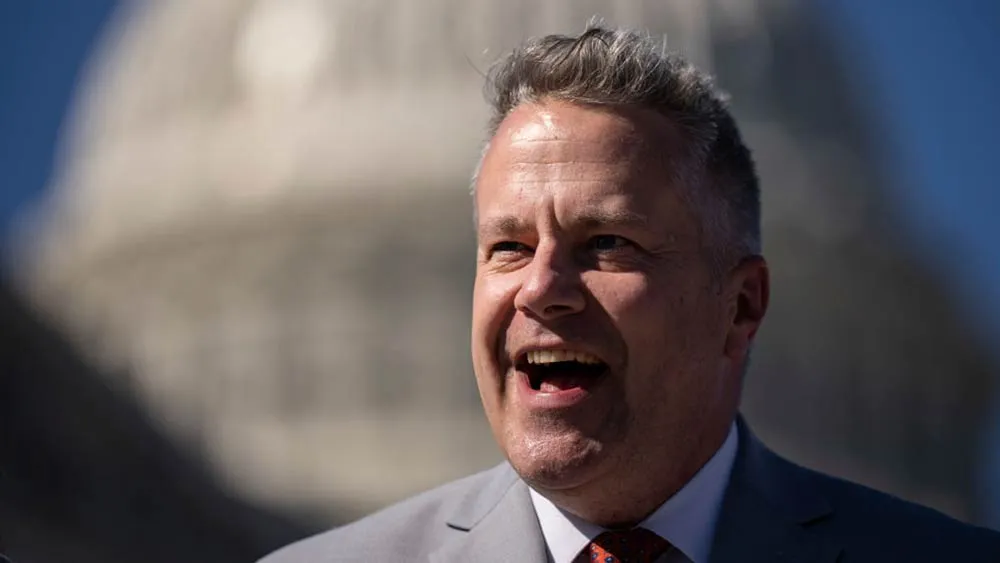November 1, 2013
Eight Things You Might Not Have Known About LGBT African Americans
Kilian Melloy READ TIME: 2 MIN.
When it comes to bringing us LGBT data from the far reaches of mainstream issues, there's no organization better at caring and achieving the feat more than the Williams Institute. The California think-tank's latest home run has to do with the black portion of the LGBT population.
SFGN published a profile earlier this month about the institute, highlighting Williams' capacity and its effect on modern LGBT activism. This newest study is no surprise to us.
"An estimated 1,018,700 (3.7 percent) of African-American adults consider themselves LGBT and 34 percent of African-American same-sex couples are raising children," the research found.
Angeliki Kastanis, Williams' public policy research fellow, and Gary Gates, a Williams Distinguished Fellow, authored the research, titled "LGBT African-American Individuals and African-American Same-Sex Couples."
SFGN asked Gates, who's an expert in LGBT demographics, why there should be research targeted at black LGBT people.
"Because of limited data availability, very few studies are able to consider possible differences in characteristics of the LGBT community across racial and ethnic groups. Data from the U.S. Census Bureau and data collected by Gallup offer a rare opportunity to focus on the geographic and demographic characteristics of racial and ethnic minorities who identify as LGBT or who are part of a same-sex couple," Gates said.
"The analyses highlight the diversity of the LGBT community and show that some of the socio-economic challenges that racial and ethnic minorities face in U.S. society are shared by LGBT people of color."
Of course, of the results below, many are connected to the inequality rampant across the U.S., Kastenis said.
"LGBT African-American parents and their children evidence significant economic disadvantage, and many live in states without LGBT anti-discrimination laws or marriage equality," she said in a statement. "Establishing these important legal protections could really help these families."
Here are some of the research's key findings, taken directly from the study:
Kilian Melloy serves as EDGE Media Network's Associate Arts Editor and Staff Contributor. His professional memberships include the National Lesbian & Gay Journalists Association, the Boston Online Film Critics Association, The Gay and Lesbian Entertainment Critics Association, and the Boston Theater Critics Association's Elliot Norton Awards Committee.






